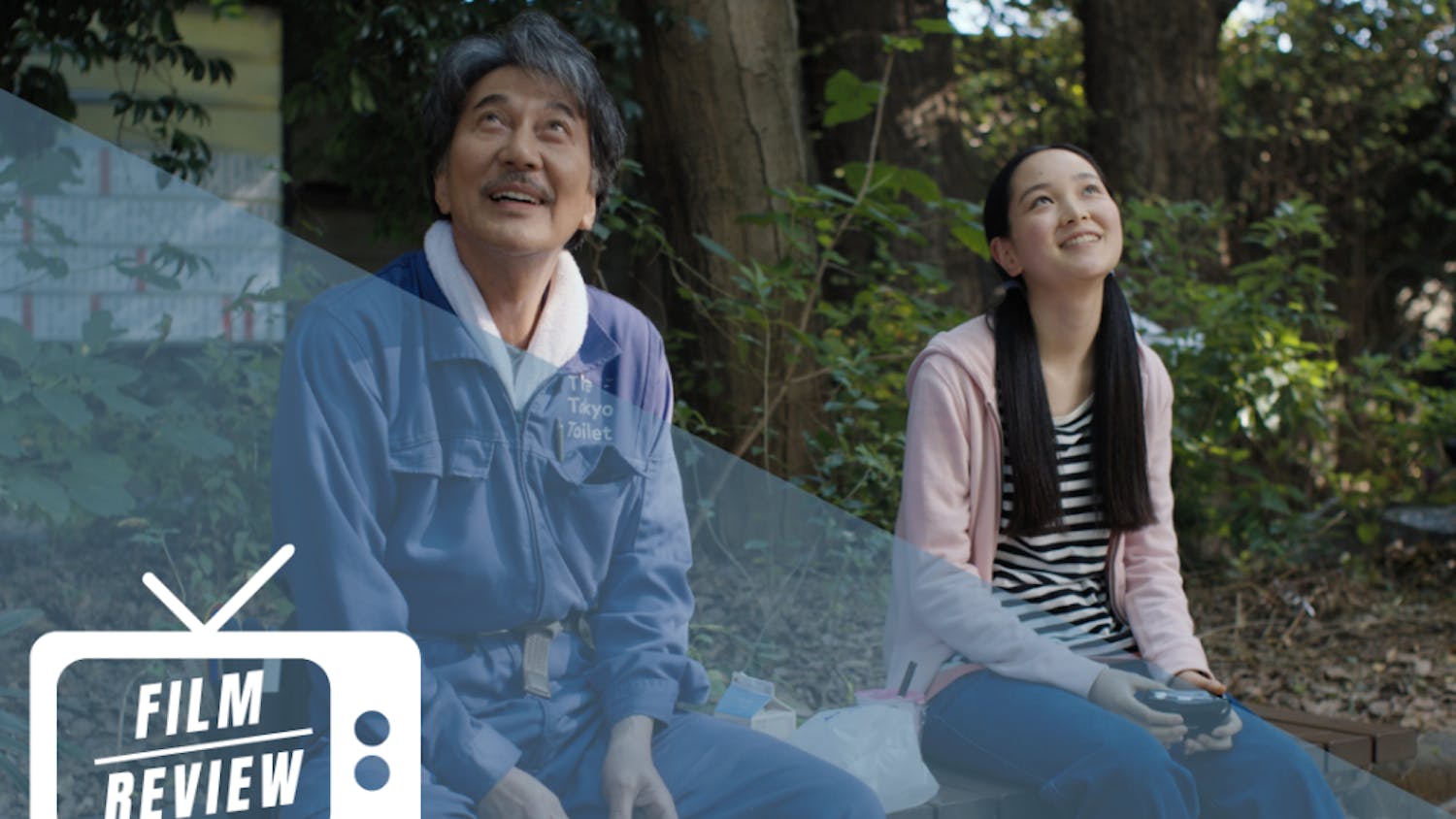
Courtesy of Filmrise
With her brilliant 2014 debut film “Appropriate Behaviour,” director Desiree Akhavan probed into her own identity as a bisexual, Persian-American woman. While that film starred Akhavan herself and found comedy in the tribulations of New York youth, her second feature takes a different direction. “The Miseducation of Cameron Post,” based on Emily M. Danforth’s 2012 novel, breathes new life into Young Adult (YA) film, fueled by a righteous, deeply personal anger that rails against oppressive institutions. Winner of the 2018 Sundance Film Festival’s U.S. Dramatic Grand Jury Award, “Cameron Post” is a powerful coming-of-age tale that criticizes the outside forces that seek to shape and control our identities from a young age.
It’s prom night in 1993. High school senior Cameron Post (Chloe Grace Moretz) and her best friend Coley (Quinn Shephard) are with their dates, but cannot escape each other’s longing gazes. They run off, arm in arm, seeking refuge in the back of a car. But their dates discover them, interrupting their passionate moment together. Both are scolded by their conservative families, but Cameron fares much worse. An orphan, Cameron lives with her aunt and uncle, who send her to God’s Promise — a boarding school doubling as a center for gay conversion therapy. Led by Rev. Rick (John Gallagher Jr.) and Dr. Lydia Marsh (Jennifer Ehle), God’s Promise forces its students to create a personal “iceberg,” to confront the hidden traumas that have supposedly driven them to homosexuality. Post struggles to adjust, but soon meets two rebellious outcasts, Jane (Sasha Lane) and Adam (Forrest Goodluck). The three confide in each other, banding together to survive their day-to-day challenges.
YA films have been a popular force over the past decade, peaking with the reign of the “Hunger Games” franchise, but the genre is starting to fade away. Science-fiction dystopias and heavy handed metaphors have been replaced with sober reflections on real life, arguably for the better, but a significant loss of box office dollars has resulted. But what makes “Cameron Post” such a standout in the slowly dying YA landscape is Akhavan’s unapologetic sensibility. It’s a sensitive film at heart, one with a gentle sense of humor and youthful verve, but it also contains fury. When Cameron tells a counselor that the school perpetuates emotional abuse, it’s a plainspoken prod, scalding in its fiery truth. Akhavan doesn’t dance around anything here. Conversion therapy is locked in her sights, and she doesn’t think twice about pulling the trigger.
Occasionally, this polemic nature of Akhavan’s storytelling can detract from the characters at its center, but that isn’t to say that it lacks power or necessity. We get playful bursts of backstory in a clever montage of each student’s “iceberg,” but, beyond that, most of the characters are mysteries. Even Cameron, who receives a number of flashbacks to her relationship with Coley, is a bit of a cypher, but that reflects how well Akhavan understands teenagers. People are often impressionable at that age and don’t even know who they are yet. Akhavan even shoots sex scenes at such a distance, capturing most of them in a single wide shot, cloaked in shadows. The only exception is the initial love scene between Cameron and Coley, which is the most emotional of the bunch. In this sense, there’s a respect to intimacy in Akhavan’s approach. She only exposes her characters when it’s emotionally appropriate. Even with that admirable direction and a brisk runtime of 91 minutes, you leave “Cameron Post” wanting more, and it’s one of the rare films that could benefit from the depths afforded by a greater length.
As for the cast, it’s uniformly strong. Moretz exhibits an extraordinary development as an actress, operating in a far more nuanced mode than in her breakout role as the foul-mouthed Hit Girl in 2010’s “Kick-Ass.” She possesses the magnetic screen presence to lead the film, yet her quiet demeanor makes Cameron’s interior struggles all the more devastating. Lane has been a firecracker on camera since she was discovered by director Andrea Arnold, and she lends a sense of crass humor to the film’s dour proceedings. As for the adults, Gallagher and Ehle give, perhaps, the two most impressive performances in the film. Both indie veterans, they play off of each other’s own acting histories to create a menacing portrait of institutional leadership. Ehle is clearly the dominant half, an icier, more manipulative Nurse Ratched. Her intelligence and penchant for molding teenage psychology are terrifying, and Ehle’s trademark soft spokenness sells her villainous role. Gallagher is more charismatic, essentially a prototype of today’s youth group leaders, but he also feels haunted by something deep down. As an actor, Gallagher is sensitive, which plays into his role as Ehle’s pawn. A student mentions that he is a “reformed” gay man, and it can’t help but appear that his charisma is weaponized by Ehle’s disciplinary control.
As a whole, “Cameron Post” is a strong sophomore feature for Akhavan, an admirably bold and direct update of the YA genre that refuses to play into convention. She gives no answers, but rather diagnoses problems — deep-rooted homophobia, of institutional religion and of cultural anxieties surrounding teenagers. These issues play into the forces that run centers for conversion therapy, a phenomenon that sadly persists today, and Akhavan’s portrait of it is of an undeniable evil. Because of this, “Cameron Post” is a prime example of why we need more films from voices of young, queer women of color like Akhavan. She brings an entire history of LGBT cinema into her direction, notably a reference to the landmark lesbian romance “Desert Hearts.” But Akhavan’s most thought-provoking parallel is in her final shot, one that mirrors the bittersweet ending of “The Graduate.” We may have identified the sources of oppression, finding our own individual ways to rebel against them, but our relief is only temporary.









